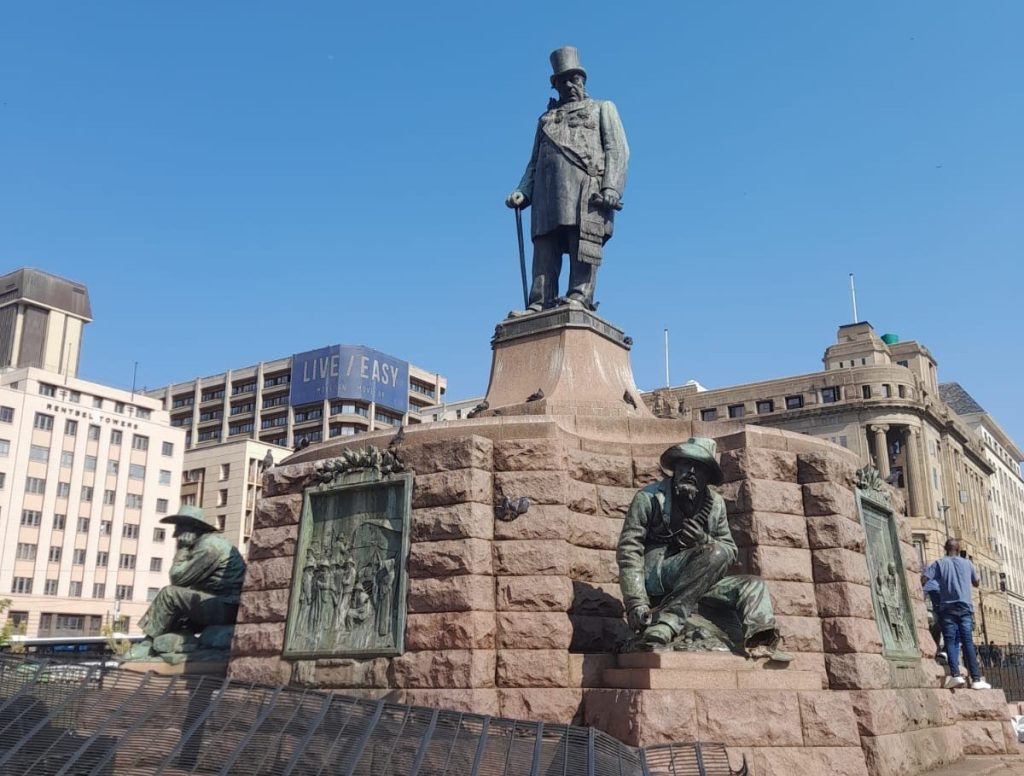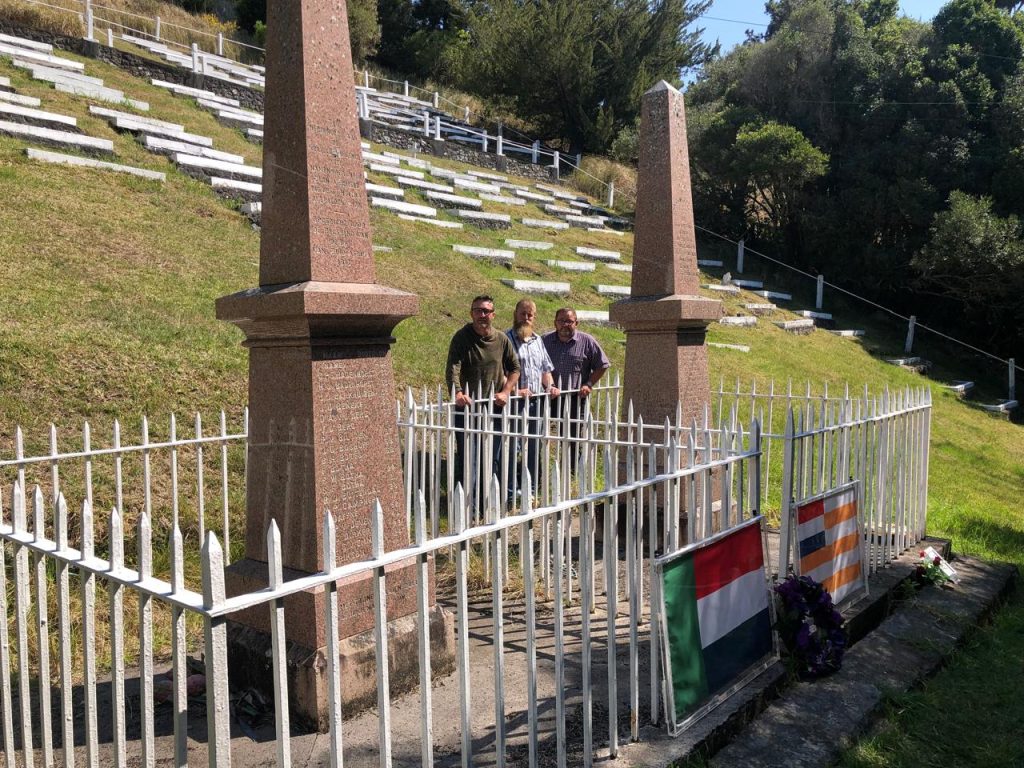AfriForum and the relationship with emigrants and remigrants
By Alana Bailey
Migration is a phenomenon as old as humankind. This is proven by worldwide archaeological discoveries that show that trade had already been conducted among regions and continents thousands of years ago.
In recent decades, advances in the transport industry have made it even easier to travel and migrate – whether temporarily or permanently. By the 1990s, tenure in various countries was even touted as a prerequisite for corporate success at the highest levels.
Abroad, the value of expats had been recognised already long ago. Sometimes people migrate to study abroad and bring newly acquired knowledge and capital back to their native country. Other times they recruit investors for projects or send money to family and friends back home, thus creating an essential social resource. Some also identify gaps in the local market and return to fill them. Sometimes there are political or cultural benefits, as with the Spanish expatriates who kept languages such as Galician, Catalan and Basque alive abroad when using these languages in Spain could lead to persecution. In short, a migrant who goes to live abroad temporarily, or an emigrant who leaves his country permanently, leaves a void in the country of birth, but can also add value to his country and community at home in many ways.
In Germany, for example, the Caritas organisation affiliated with the Roman Catholic Church helped to provide prospective emigrants with information to ensure that they could emigrate with realistic expectations. This makes sense because when someone emigrates illegally or without sufficient information, they often have to be repatriated, which can mean huge costs to their loved ones or the taxpayers in their country of birth.
Ireland’s Emigrant Support Programme (ESP) defines its focus as an initiative whereby the Irish Government provides “… financial support to organisations engaged in the delivery of front-line advisory services and community care to Irish emigrants, particularly to the more vulnerable and marginalised members of our community abroad, including the elderly.”
The Dutch Language Union (NTU), an intergovernmental initiative of the Netherlands, Belgium and Suriname, has a web portal called mijnNederlands for anyone worldwide who is learning or teaching Dutch, researching aspects of the language, or using it. This year on International Mother Language Day (21 February 2023), a new section was launched on this website, called Voor Nederlandstalige (r)emigranten. There, Dutch and Flemish people abroad can find practical information about liaison with the Dutch and Belgian authorities, the Dutch language, culture and history, Dutch and bilingual education, as well as cultural activities and news services such as Dutch digital newspapers and magazines.
Although this approach is new for the NTU, it is exactly what AfriForum has been providing to our people abroad since its foundation. In fact, the Come Home Campaign even started providing it way before AfriForum was founded.
Tragically, the government has been treating emigrants like stepchildren for decades. Exchange control and the recently revised tax for citizens abroad are just a few examples in this regard. In 2009, AfriForum had to fight as a friend of the court with the Freedom Front Plus in the Constitutional Court for the right of citizens abroad to participate in South African national elections – a process that can still cause difficulty for prospective voters. The ridiculous provision also still applies that natural-born citizens can forfeit their citizenship when they accept foreign citizenship without permission to retain the South African status.
In contrast, frameworks have been proposed for some time in draft legislation on migration management in the country to ensure that people abroad are involved locally and to facilitate the return of remigrants.
Time will have to tell whether any of the proposals will ever materialise. Whatever the outcome, AfriForum Worldwide remains committed to serving our people abroad and those who return with advice or by referring them to reliable service providers. The unique World Guide is just one way in which we provide such a service. AfriForum is also always prepared to receive proposals to expand our activities. Our position remains that our people outside our national borders are our best ambassadors, and through the home we create for them online, they can still be a dynamic part of our community.
Therefore, please stay involved and encourage all your acquaintances, friends and family abroad to become a part of the AfriForum Worldwide community!
Share on
Latest articles




















